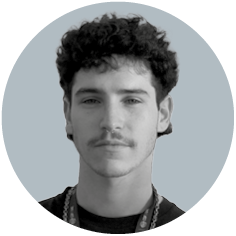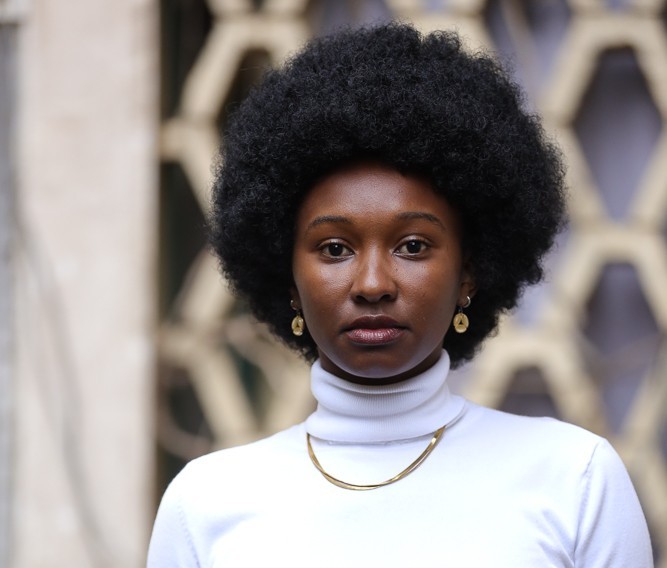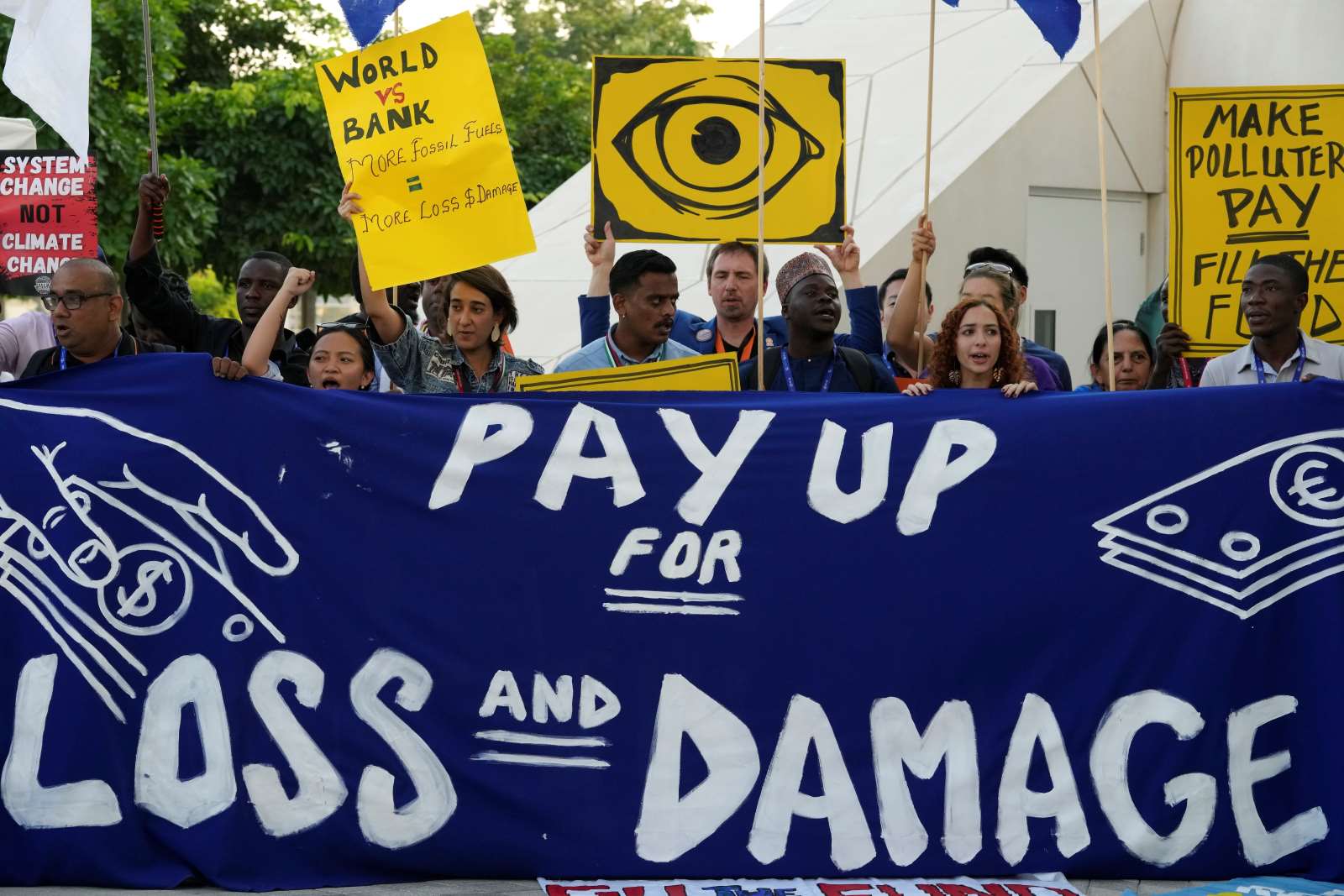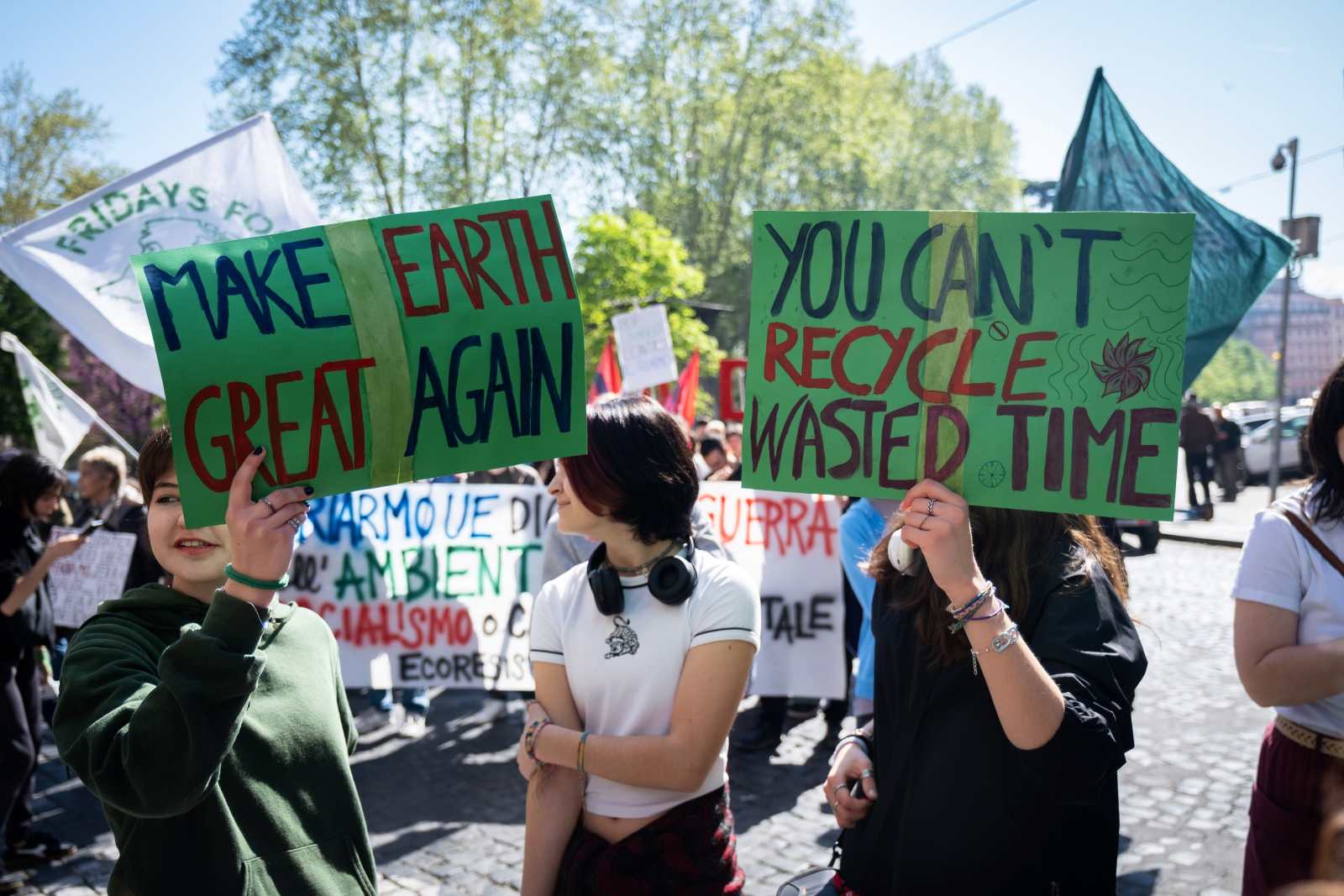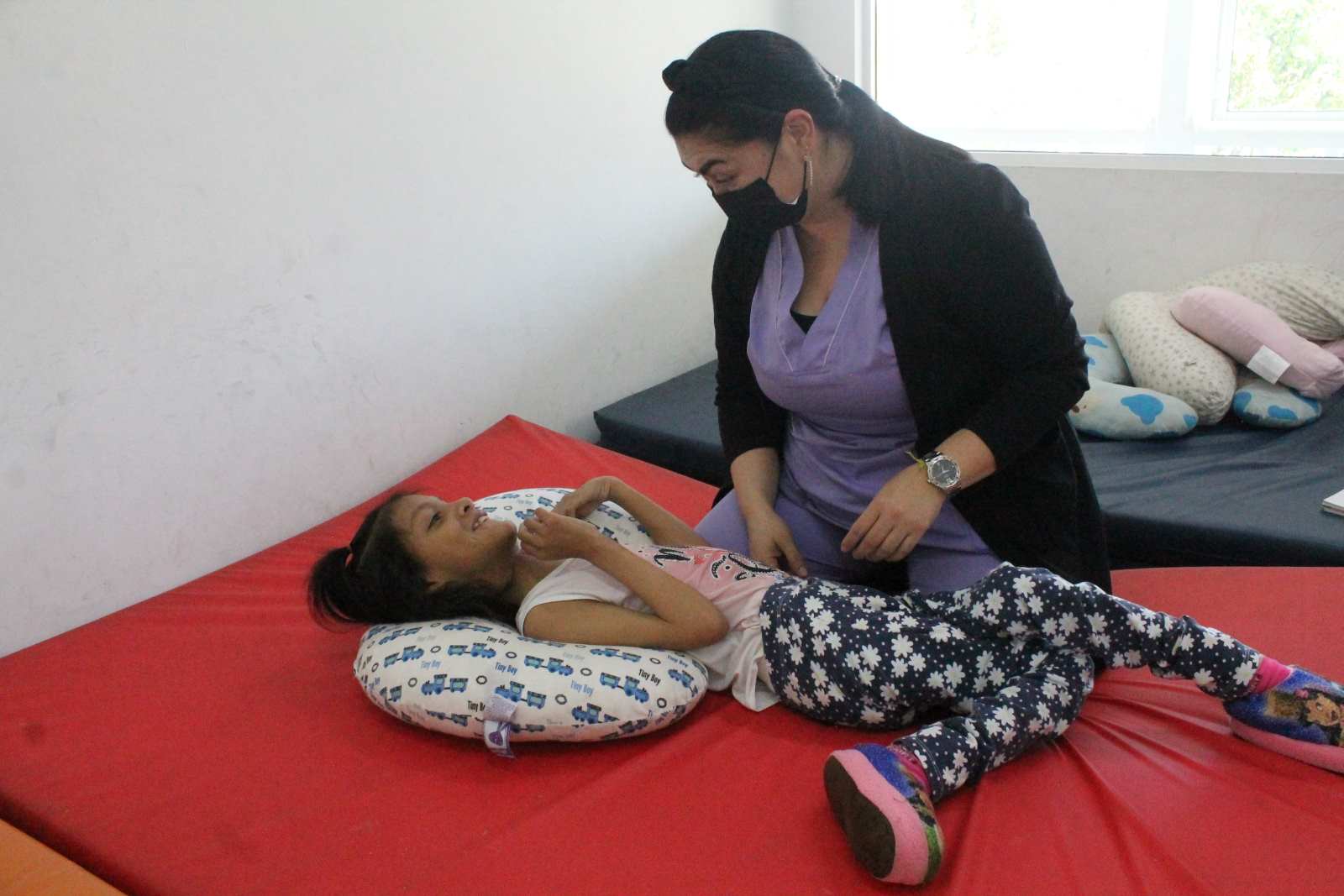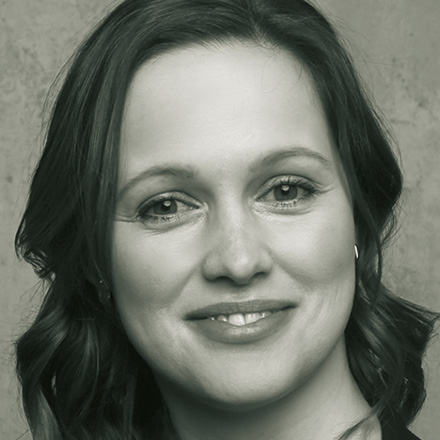Climate conference
“I hope the negotiations will become more substantive again”
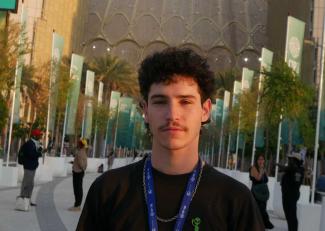
Bruno Sirote in an interview with Leon Kirschgens
How are you involved in climate protection in Argentina?
I studied political science and have been active in social movements for seven years, first at Amnesty International and later at Youth for Climate Argentina, where we link environmental and climate protection issues with social justice and human rights. We engage in educational work, public relations and represent our interests in politics. This also includes training young people from Buenos Aires and Córdoba to draft their own legislative proposals and submit them to their respective provincial parliaments. It’s really important to me to always understand climate policy as something that is linked to structural inequality.
What was your experience at the mid-term conference in Bonn?
Bonn was my first so-called mid-term conference, although I had already been to COP27, COP28 and COP29. The mid-term negotiations are often considered less high-profile, but actually they set the course for the major climate conference in autumn and are therefore crucial too. Civil-society representatives were allowed to enter the negotiation rooms almost at all times. Influencing the negotiations directly was not possible for us, however, because this was a conference of countries, not civil-society organisations. Nevertheless, we found ways to influence the negotiations indirectly, partially contributing our views to the outcomes of the conference.
All in all, it was good to come. We were able to network much better and see how other activists from Africa, Asia and Europe work, how they tackle challenges and learn from them. I’m taking these ideas home with me to Argentina, where the political situation has worsened since Javier Milei was elected in 2023. The government openly rejects the notion of man-made climate change and is increasingly cracking down on civil-society protests.
What do you expect from COP30 in Belém, Brazil? What needs to change?
Most importantly, things need to change in terms of what is discussed during the conferences. In Bonn, for example, there was hardly any meaningful discussion about the global adaptation goal, even though last year participants decided to develop criteria on how countries can prepare for the inevitable consequences of climate change and how this will be financed. Instead, there was a lot of discussion about whether a new digital platform for mitigation should be developed – a technical detail that distracted from the real problem. I therefore have two main wishes for COP30: First, I hope the negotiations will become more substantive again and make clear progress on fair climate financing and on recognising the role of civil society. Second, I hope that we succeed in mobilising a strong Latin American alliance of civil-society groups that will make each other’s voices heard. This is exactly what we are currently working on: we want to enable as many young activists from our region as possible to participate in COP30. Because let’s not kid ourselves – it’s not even clear whether we activists will get any access at all.
Bruno Sirote is a climate and environmental activist with the Argentine youth movement Youth for Climate Argentina.
brunosirote2@gmail.com
This story is part of The 89 Percent Project, an initiative of the global journalism collaboration Covering Climate Now.
